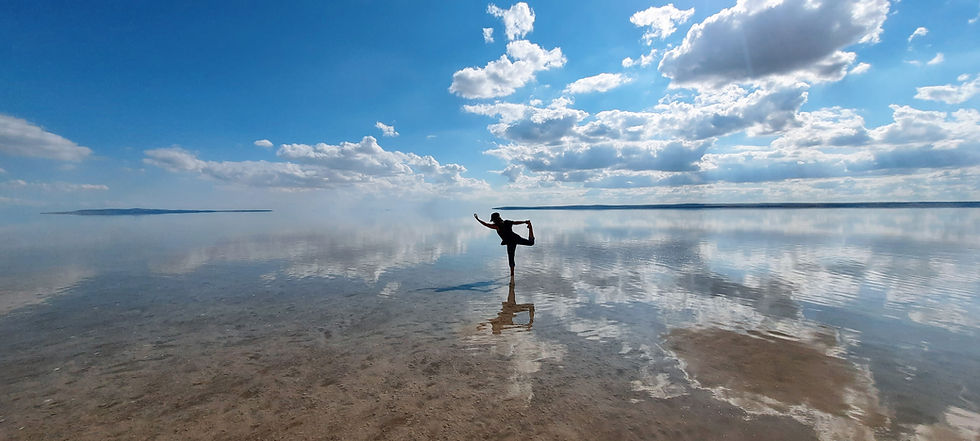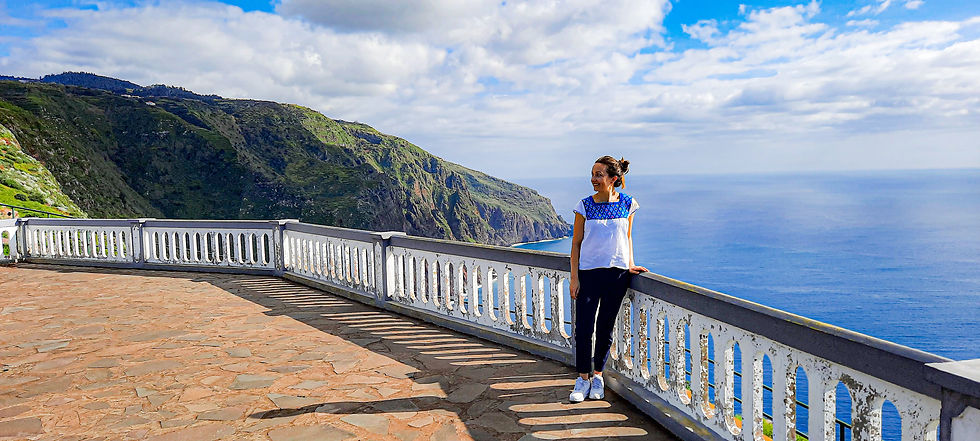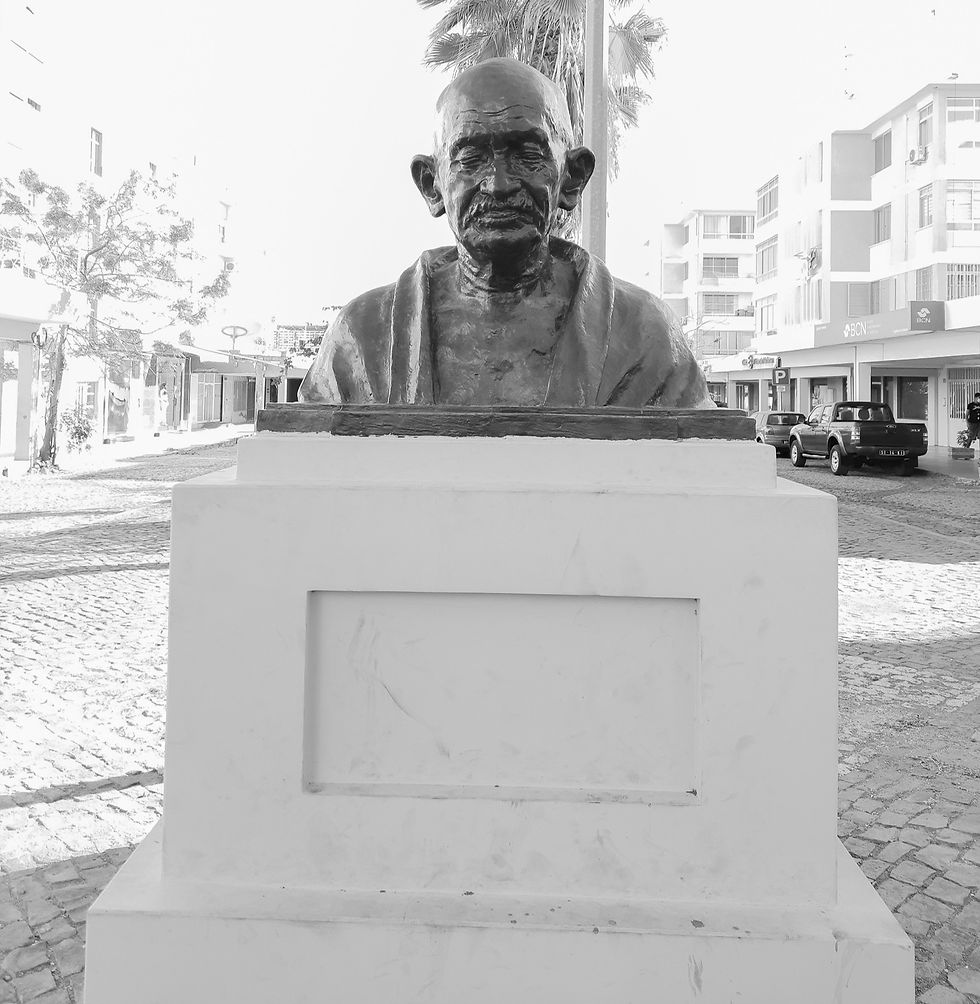
I'm very glad you're here today. This post is intended for anyone curious about minimalism and the already minimalists as well, as a reminder of the benefits of living a simpler life.
Probably some of the questions we all have asked ourselves when we first hear about the concept of minimalism are: What is in it for me? How could a minimalist life make me feel happier? Aren't more acquisitions equal to a better lifestyle? I feel so good when I can buy things, how could minimalism benefit me?
Let's jump into the five benefits I've discovered about living a minimalist life.
The five main benefits of practicing minimalism
Free your agenda

They say time is the most valuable thing in life. You can only spend it, once it's used, it's gone.
Minimalism is not only about things, it's about intentional living. By applying the principles of minimalism and essentialism, you question everything you do from the moment you wake up until the moment you go to bed. You re-design your agenda. Removing everything that does not add value to your life, you learn to kindly say no, you eliminate the unnecessary. And only those activities that are aligned to your purpose remain. This simple action will free up quite some time on your agenda.
What would you do with all that time? Maybe spend more time doing what brings joy to your life, and make space for new energies.
Reduce Stress

This is my theory on the effects of minimalism over stress. Let's begin by recalling the meaning of stress and overwhelm:
"Stress is the feeling of being overwhelmed by mental or emotional pressure."
"To be completely submerged by your thoughts and emotions about all of life's current problems, to the point where you lack efficacy and feel frozen or paralyzed."
And then we have the concepts of minimalism and essentialism.
"Minimalism is about avoiding the unnecessary, it's about simplicity, utility, and elegance."
"Essentialism: only once you give yourself permission to stop trying to do it all, to stop saying yes to everyone, you make your highest contribution towards the things that really matter. Less but better." (Greg Mckeown: Essentialism: The disciplined pursuit of less)
By clearing up your space and focusing on the essentials, your thoughts will immediately reduce to what you have in the present moment. And when your thoughts are shifted onto the present moment, knowing that what you have in front of you or your agenda is all that you intentionally want, your emotions connect and respond positively with calm, tranquility, inspiration, creativity, and so on.
Save money

When you stop being a victim of consumerism and start enjoying simpler things in life it reflects on your bank account. To me this is is one of the most amazing effects because you start spending intentionally and having financial security leads to peace of mind.
It doesn't mean you have to deprive yourself of buying anything. When you practice essentialism, you avoid impulse purchase, everything you buy has a clear purpose.
The simple act of saving money has great advantages:
Use your money to invest in experiences, like traveling more.
You will have more freedom to cover expenses of unexpected situations.
You don't need to work on something you don't like, maybe you earn less doing something you love, but at the same time, you spend less.
Improve Health

The first step to becoming a minimalist is defining what you value the most. Probably we all have added to that list, improving our health which generally involves getting better habits like eating more vegetables, exercising regularly, sleeping 7 to 8 hours, practicing meditation, and reducing our stress levels.
It is interesting to point out that health is not only physical. There are five dimensions of health: Physical, emotional, social, spiritual, and intellectual. It is amazing how living a simpler life can bring benefits to all of them.
In the exercise of essentialism, we free up space from our calendars to make room for what's important. To practice good habits, it has to be prioritized on the calendar. If you don't make time for them, they will probably not happen as other tasks will take over.
For some people making room for these important habits mean getting up at 5 am because by 8 am they have to start working. It works differently for everybody, but the point is waking up to take care of yourself first. Research says that having a morning routine that involves meditation and exercise, improves the mood and brings high energy and focus for the entire day.
The first step is to look at your calendar and separate times for these good habits.
I know it's easier said than done, but trust me, this changed my life and I know it can change yours as well. Is all about intention, choices, organization, commitment, and discipline. Be patient with yourself, take one habit at a time. Be mindful about what you really desire to achieve, observe the way it impacts your energy, and most importantly know WHY you want to achieve it.
Peace of mind

If you ask me, this is the most invaluable gift that minimalism can give you.
Remove all the clutter, learn to ignore the constant buzz of consumerism
Resist the pressure of group opinion
Empty your surroundings so that all that remains is the real and authentic you
Be kind, patient, and gentle to yourself
Ensure your actions are congruent with your beliefs
Embrace your purpose and learn to be closer to whatever brings value and joy to your life
Once you achieve peace of mind, you will naturally start living your capacity for the exercise of love. Giving and receiving, in every chance you get.
Finally, if you have experienced any of the benefits above in your practice of minimalism, I would love to know and continue growing together.
Thank you for being here today.
Comments